65 F. high in the Twin Cities Monday, the coolest July 14 on record. Old record: 68 in 1884.
84 F. average high on July 14.
86 F. high on July 14, 2013.
.06" rain fell yesterday at KMSP.
July 14, 1980:
Straight-line winds of nearly 100 mph causes enormous damage, mainly in
Dakota County. 43 million dollars in damage was reported and 100
thousand people were without power.
No Sweat
In
town for the All-Star game? I predict you'll enjoy your stay in
Minneapolis and enjoy a healthy serving of "Minnesota Nice" while you're
here. What? It's "too cool for baseball?"
Well, unlike some
stuffy American cities, where July heat can bake the paint off cars and
make you want to live in your swimming pool, we prefer our summers fresh
and comfortable, with a faint Canadian accent. In fact today is a
little on the warm side for many of us! That's why you'll see throngs of
smiling locals in shorts and sweatshirts.
Sort of a passive-aggressive thing we have going here. We ignore the weather we don't like. And we never, ever complain.
It
may, in fact, be the coolest MLB All-Star Game since 1980 (if the
first-pitch temperature is cooler than 68F). No haze, no smog. No raging
storms - just popcorn cumulus clouds and a sprinkling of stars by 10
PM. Baseball the way it was meant to be.
A flawless Wednesday gives way to a warming trend later this week; the next chance of T-storms late Saturday.
Oh,
if anyone asks (doubtful) Fairbanks, Alaska was warmer than the Twin
Cities yesterday. And a light frost is possible over the Minnesota
Arrowhead late tonight.
Welcome!
An All-Star Weather Report: Fresh Air; Frost Risk Northern Minnesota Wednesday Morning? In today's first
Climate Matters segment
I take a look at the crazy temperatures extremes across North America;
wind chill over the Upper Midwest and Great Lakes, while the western USA
and Canada fries under 90 and 100-degree heat. Blame (or thank) strange
loops and permutations in the jet stream: "
It's been all or nothing
in the moisture department, why not temperature too? WeatherNationTV
Chief Meteorologist Paul Douglas goes over the chilly temperatures over
the Eastern half of the United States and the baking heat across the
West. What is to blame?"
 Whiff of Wind Chill
Whiff of Wind Chill.
At 10 AM Monday the wind chill in Hibbing was a crisp 46 F. Not too bad
considering the air temperature was a chilling 52 F. with a windblown
rain falling. What month is this again?
 A Crazed Jet Stream
A Crazed Jet Stream.
Yes, winds aloft are redefining the meaning of "high amplitude flow",
record heat surging across western Canada with 80s reported as far north
as the Arctic Circle, while a gyre of October-like air swirls across
the Upper Midwest into the Great Lakes, where temperatures are running
20-30 F. cooler than average. When, precisely, was the last time our
weather was average?
A Mid-Summer Correction.
NAM 2-meter temperature guidance shows free A/C pushing into the Ohio
Valley and New England by midweek; sizzling 90s and 100-degree highs
still commonplace from Texas into much of the western USA. There is a 1
in 3 chance of isolated frost by Wednesday morning over far northern
Minnesota, Wisconsin and the U.P. of Michigan. Remarkable. Animation:
NOAA and HAMweather.
Mother of All July Cool Fronts - 90F Next Week?
Brisk weather continues today; in all probability tonight's MLB
All-Star game will be the coolest ever played. We slowly warm in the
coming days; a few T-storms popping up again late Saturday into early
next week. All guidance shows a surge of heat next week, maybe a few
days at or above 90F. Talk about a temperature turnaround. Meteogram:
Weatherspark.
Lake Mead Levels to Drop to Historic Lows. More symptoms of a lingering, multi-year drought; here's an excerpt from
PRWeb: "
Lake
Mead, the reservoir created by Hoover Dam, is anticipated this week to
reach its lowest water level since the lake’s initial filling in the
1930s. The Bureau of Reclamation’s Boulder Canyon Operations Office is
projecting the elevation to drop to 1,081.75 feet above sea level during
the week of July 7, and to continue to drop, reaching approximately
1,080 feet in November of this year..."
Lake Mead Water Levels Since 1935.
Nebraskaweatherphotos.org has more fascinating details, graphs and photos focused on the gradual decline of Lake Mead.
Driest Year Across California Since 1923-24.
Lake Mead water levels are the lowest recorded since it started to fill
up in the mid-30s. Looking at statewide data ithe period from June 30,
2013 to July 1, 2014 was the second driest in California history. That,
and smoke plumes from western fires, is the subject of today's second
Climate Matters segment: "
Wildfires,
extreme heat, and drought are all characteristics of the Western United
States right now. What has one of the worst droughts in 500 hundred
years brought with it? Shrinking reservoirs, including Lake Mead, can be
seen all over the West. When will it end?"
6.5 Million American Homes Face Hurricane Risk.
Realty Biz News has the story and highlights of a recent comprehensive study; here's the introduction: "
More
than 6.5 million homes along the U.S. Atlantic and Gulf coasts could be
at risk of a storm surge from a hurricane, which could amount to nearly
$1.5 trillion in potential reconstruction costs, according to the 2014
storm surge analysis conducted by CoreLogic..."
Image credit above: NASA’s Marshall Space Flight Center via photopin cc.
Surge Could Do Serious Damage Here.
The Herald-Tribune
looks at the implications of a hurricane storm surge for southwestern
Florida, from Sarasota to Naples and Fort Myers; here's an excerpt: "
Southwest
Florida has more residential real estate at risk from storm surge
damage than almost any other metropolitan area in the country, a new
report shows. If a major hurricane were to strike here, it would cost
nearly $43 billion to rebuild the homes destroyed by the storm and
subsequent surge in the region, according to data from housing
researcher CoreLogic. Statewide, more than two million homes could be
impacted and cost nearly $500 billion to replace..."
Photo credit above: "
Storm
surge swallows up the public beach near the city pier in Naples in
2005, after Hurricane Wilma powered through the city. A new report
indicates storm surge could damage thousands of homes in this region." H-T ARCHIVE / 2005.
Swimsuits for Snow Boots. Freak Summer Snow and Hail Hit Siberia, Urals.
RT News has the photos and article; here's an excerpt: "
Snowdrifts
piled up on the roads of Russia's Ural region on Saturday as an
abnormal summer snowstorm hit the region, bringing the area into the
spotlight once again after last year's meteorite fall. Siberia also
witnessed a downpour of giant hailstones. Residents of the cities of
Chelyabinsk and Sverdlovsk, located in Russia's eastern Ural region,
were taken aback when it suddenly started snowing in the middle of
summer on Saturday..."
Vietnam's Overdue Alliance with America.
I didn't think I'd live long enough to see this headline, but after
touring Vietnam earlier this year, seeing their market-based economy and
remarkable work ethic, and sensing a growing concern and unease about
China's aspirations, some sort of alliance may be all but inevitable.
Here's a clip from
The New York Times: "...
Because
of China’s recent territorial grabs at sea and its complete disregard
for international law, we are now back to square one. Without a major
strategic realignment, Vietnam’s island territories will simply be
gobbled up by China. Our country must dispose of the myth of friendship
with China and return to what Ho Chi Minh passionately advocated after
World War II: an American-Vietnamese alliance in Asia. Ho’s sympathies
with the United States and its platform of self-determination for all
peoples went as far back as the Paris Peace Conference after World War I..."
Tree Houses: High-End Style Goes Out on a Limb. Put up a flat-screen TV, WIFI and a flush toilet and I'm there. Here's an excerpt from a story at
The Boston Globe: "...
Regardless
of where the house is built, however, clients look at it as an escape.
And that’s exactly the way B’fer Roth likes it. He can install
electricity and plumbing and all that if customers insist, but that’s
not his preference, truth be told. “The whole point of a treehouse is
getting away from all the stuff we’re inundated with in the luxuries of
our homes,” he said. “My ideal treehouse doesn’t have all the trappings
of the modern urban house...”
Photo credit above: Nelson Treehouse and Supply. "
Nelson
Treehouse and Supply of Fall City, Wash., built this treehouse with the
varied rooflines and the Arts-and-Crafts-style elements on the Cape."
How Coffee Protects Against Parkinson's.
Good thing I had my triple-shot latte this morning - it's now possible
to rationalize away almost anything. Here's a clip of an interesting
article at
medicalxpress.com: "...
An
epidemiological study of Parkinson's patients from two counties in
south east Sweden examined a combination of a previously known
protective factor – caffeine – and the genetic variant in GRIN2A. The
findings show that individuals with this combination run a significantly
lower risk of developing the disease..."
Stress-Busting Diet: Eight Foods That May Boost Resilience. I put down my donut just long enough to read an interesting article at
NPR; here's a clip: "...
There
can be a bit of a vicious cycle," says , a professor of pediatrics and
nutrition at Harvard University and a researcher at Boston Children's
Hospital. "When we feel stressed we seek foods that are going to comfort
us immediately, but often times those foods lead to surges and crashes
in hormones and blood sugar that increase our susceptibility to new
stresses..."
Photo credit above: "
A nutrient-dense
diet may help tamp down stress. And these foods may help boost our
moods (clockwise from left): pumpkin seeds, sardines, eggs, salmon, flax
seeds, Swiss chard and dark chocolate."
Meredith Rizzo/NPR
Utilities to Battery-Powered Solar: Get Off Our Lawn.
Grist
has an interesting article for anyone considering trying to sell excess
(free) solar energy back to the grid; here's an excerpt: "
In Wisconsin, utilities are jacking up the price to connect to their electrical grid. In Oklahoma, utilities pushed through a law this spring
that allows them to charge the people who own solar panels and wind
turbines more to connect to their electrical grid. In Arizona, the state
has decided to charge extra property taxes to households that are leasing solar panels. Welcome to the solar backlash..."
Apple Patent Hints the iPhone 6 Will Be Made of Indestructible Glass. Here's an excerpt from
Huffington Post: "
A
new Apple patent gives more weight to rumors that the next iPhone will
be made of a nearly indestructible type of glass. Apple won a patent
this week for “fused glass device housings," a new method of fusing
together pieces of glass, which could be used to make casings for
devices like the iPhone and iPad, Apple Insider reports..."
People Who Complain About Tornado Coverage Deserve To Miss Their Show.
I understand the angst and frustration when the meteorologist
interrupts your favorite show for a tornado warning. But here's the
thing: TV stations are licensed by the FCC to serve the public interest.
That very much includes passing on warnings for imminent,
life-threatening weather from their local NWS offices. There are other
(better) ways to get these warnings, including smartphone apps, but cut
the poor TV meteorologist some slack. He's just doing his job. And you
may think different (sorry Steve Jobs) when it's your neighborhood in
the path of an EF-4. Here's a clip from
The Vane at Gawker: "...
Most
television stations in the United States have policies in place that
require their weather personnel to break into programming when a tornado
warning is issued in their viewing area. As tornado warnings are only
issued during imminent life-threatening severe weather situations,
meteorologists need to get the word out as fast as they can so people in
the way of the storms can take cover just in case the worst happens...
Runner Struck in the Head by Lightning, Finishes Third. And the gold medal winner for dumb-tenacity has to go to this guy - as reported by
Fitish: "
Over the weekend the Hardrock 100 ultramarathon wound its way through the mountains around Silverton, Colo. The men's winner set a course record.
But more impressive or stupid or mind-boggling was that the third-place
finisher, Adam Campbell of Canada, was struck by lightning. In the
head. And then he kept running..."
TODAY: Fresh air. More clouds than sun. Winds: NW 15. Dew point: 46. High: 68
TUESDAY NIGHT: Great baseball weather (bring a sweatshirt). Slow clearing. Low: 52
WEDNESDAY: Bright sun, less wind. Perfect. High: 72
THURSDAY: Sunny, a bit milder. Dew point: 48. Wake-up: 58. High: 74
FRIDAY: Warm sunshine, more July-like. Wake-up: 60. High: near 80
SATURDAY: Sticky sun, T-storms late. Dew point: 65. Wake-up: 64. High: 82
SUNDAY: Patchy clouds, stray T-shower. Dry most of the day. Wake-up: 65. High: 81
MONDAY: Shocker: more T-storms, downpours. Wake-up: 64. High: 83
Climate Stories....
"Tornadoes of Fire" in N.W.T. Linked to Climate Change. Record
heat (and sudden drought) has ignited a rash of wildfires across
Canada's Northwest Territories, and the trends suggest warming since the
1970s is at least partly to blame for an increase in frequency, size
and duration of wildfires. But is there a link to climate volatility?
Here's an excerpt from
Canada's CBC: "
Climate
change is responsible for more frequent and larger forest fires, such
as the ones now plaguing the Northwest Territories, says an Edmonton
professor. “What we are seeing in the Northwest Territories this
year is an indicator of what to expect with climate change,” says Mike
Flannigan, a professor of Wildland Fire in the University of Alberta’s
renewable resources department. “Expect more fires, larger fires,
more intense fires...”
Photo credit above: "
A boy
points to a fire on the other side of a lake near Gameti, N.W.T. Mike
Flannigan, a professor of wildland fire at the University of Alberta,
says climate change is responsible for the hot, dry conditions that are
causing fires to burn out of control." (Jenn Wetrade)
How A Flood-Prone Village In The U.S. Moved To Higher, Drier Ground. Expect to see more of this in the years ahead. Here's an excerpt from
Thomson Reuters Foundation: "...
So
Valmeyer (Illinois) did what many vulnerable, disaster-prone
communities around the world have considered: It moved to safer ground. Climate change, coupled with deforestation to make way for cities and farms
and population growth that results in people living in increasingly
vulnerable places, is leading to more severe and frequent natural
disasters, scientists say. Those disasters are forcing millions to
relocate temporarily or even permanently to safer areas. An estimated 31.7 million people were displaced by weather-related disasters in 2012 alone, according to the Internal Displacement Monitoring Centre..."
Photo credit above: "
A 1993 map of plans for a new Valmeyer, Illinois, located on a bluff above the old flood-hit town." Photo courtesy of Dennis Knobloch.
8 Charts That Show How Climate Change is Making The World More Dangerous.
The Guardian has the story - here's a clip: "...
Flooding
and mega-storms were by far the leading cause of disaster from
2000-2010. About 80% of the 3,496 disasters of the last decade were due
to flooding and storms. Seas are rising because of climate change. So
are extreme rain storms. There is growing evidence that warming
temperatures are increasing the destructive force of hurricanes..."
Dr. Jason Box Interviewed by Bill Maher. Jason Box is Chief Scientist for the Dark Snow project. His recent award-winning documentary "
Chasing Ice"
showed, in stark details, the rate of ice loss taking place at northern
latitudes, worldwide. This interview took place on July 12, 2014;
here's the clip on
YouTube.
Climate Change: Birds Most Influenced by Precipitation, Not Warming Temperatures.
Nature World News has a story focused on new research; here's an excerpt: "...
Although
it would seem that warming temperatures associated with climate change
would most greatly influence animal species like birds, a new study
shows that precipitation is actually the key to bird adaptation. Past
studies have shown that warming temperatures can push some animal
species - including birds - into higher latitudes or higher elevations.
However, few have explored the role that precipitation has on how they
adapt to their environment..."
Photo credit above: "
Although
it would seem that warming temperatures associated with climate change
would most greatly influence animal species like birds, a new study
shows that precipitation is actually the key to bird adaptation." (Photo : Wikimedia Commons)
America's Oil Consumption is Rising, Not Falling, Outpacing China's.
InsideClimate News has the details; here's an excerpt: "
U.S.
oil demand reversed course in dramatic fashion in 2013, as the nation's
growth in crude consumption outpaced perennial leader China for the
first time since 1999, according to oil company BP's annual compendium of world energy statistics.
The U.S. increase follows two years of declines, and dampens hopes that
the world's largest oil guzzler was permanently reining in its appetite
for crude..."
Rupert Murdoch Doesn't Understand Climate Change Basics And That's a Problem. And that fundamental scientific ignorance and misinformation trickles down to his global media empire.
The Guardian has the article; here's an excerpt: "...
Rupert Murdoch's media outlets frequently publish opinion articles from non-experts
who similarly downplay the risks we face from climate change. It's not
surprising that Murdoch is misinformed on the subject if those biased
non-experts are his sources of information. However, it's not just
Murdoch who's being misinformed by these inaccurate and biased opinions,
it's also the vast audience that his media empire reaches. Murdoch's
media outlets are of course free to publish whatever misinformation they
like. However, given their immense size and reach, it's difficult to
offset the damage this misinformation causes to the public understanding
about climate change..."

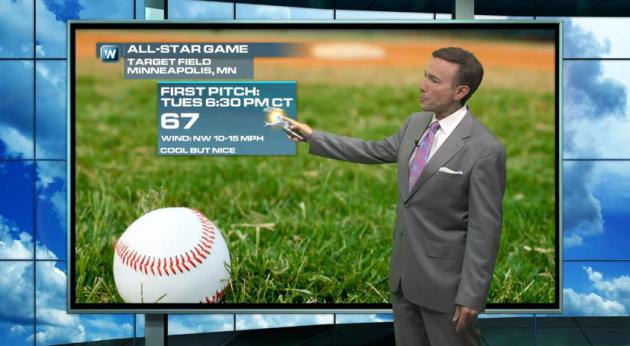

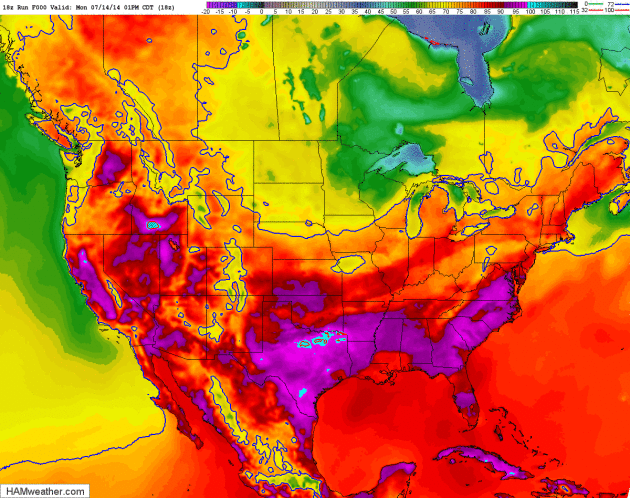
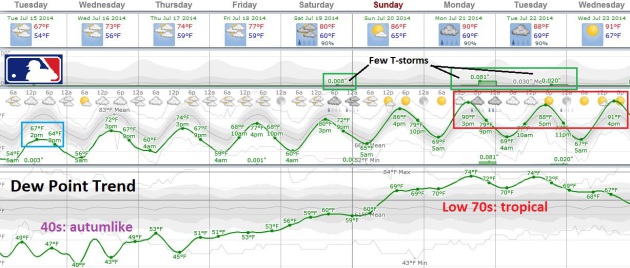
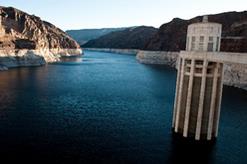
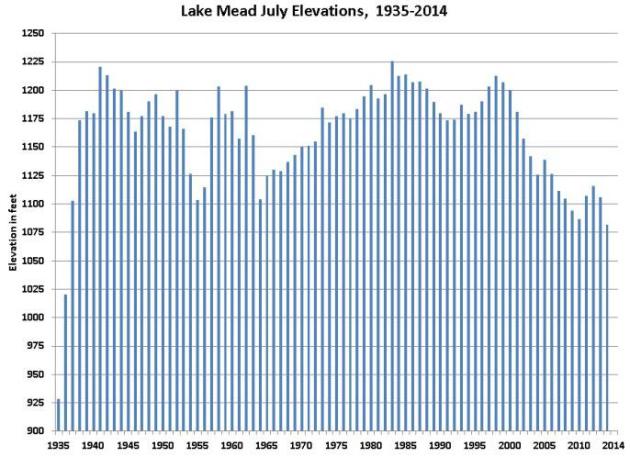
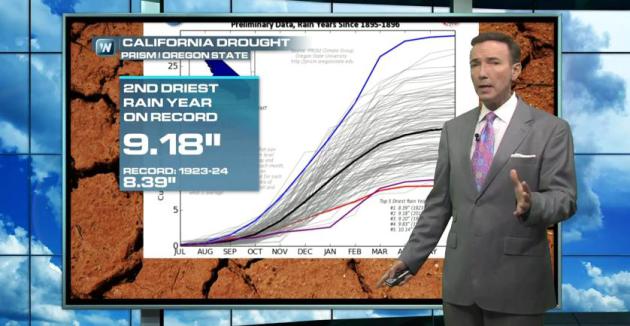
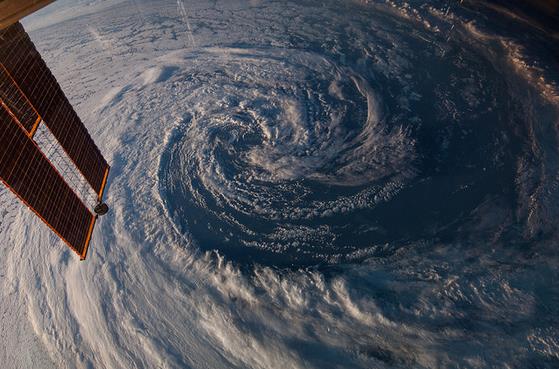
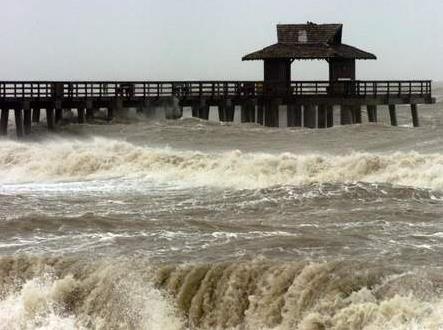
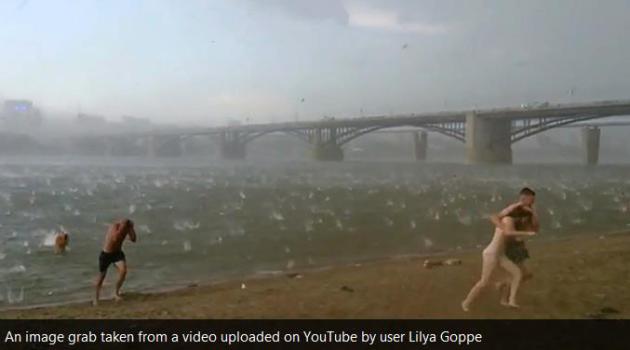



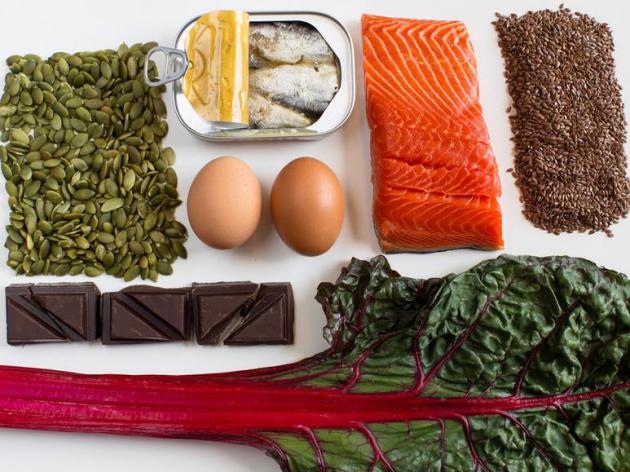
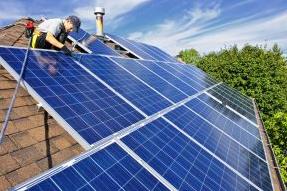

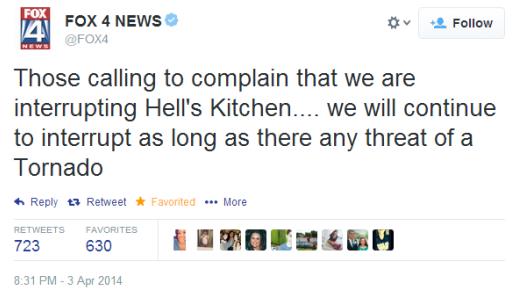
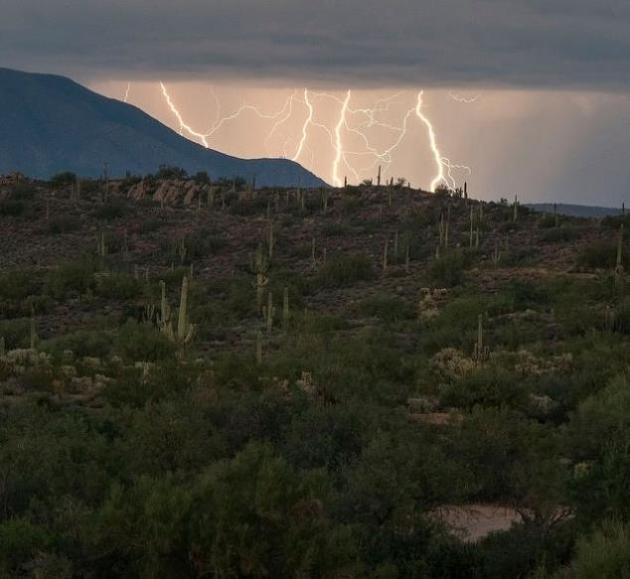
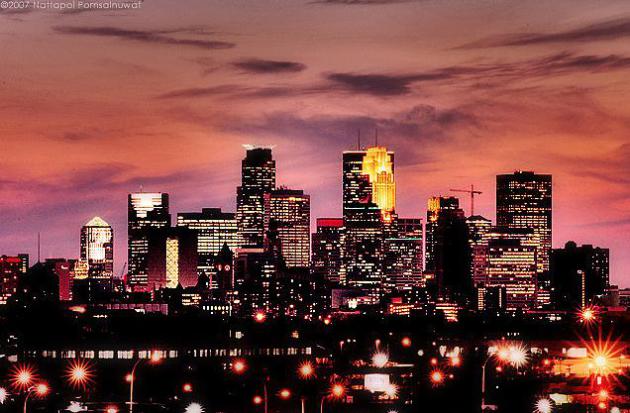
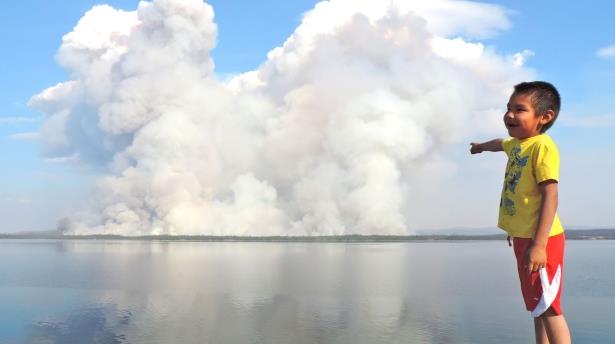

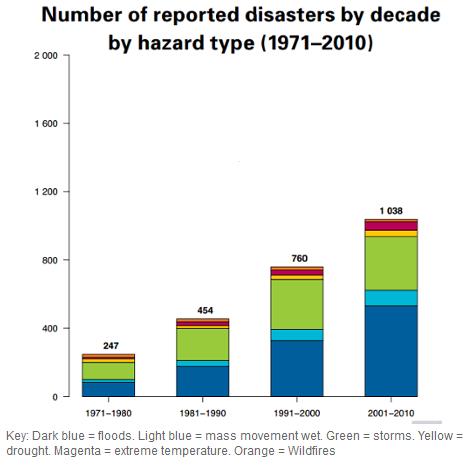


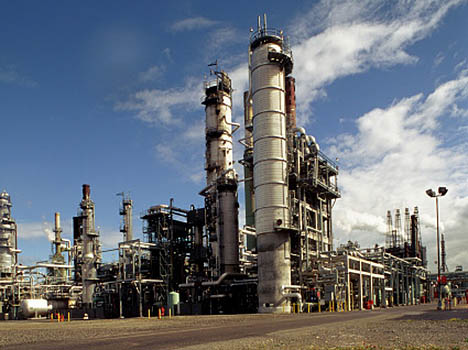
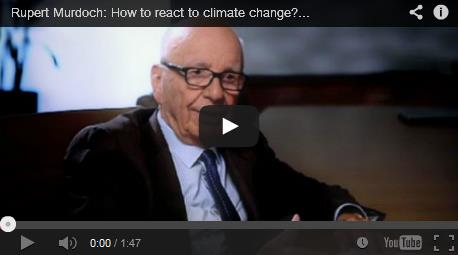
No comments:
Post a Comment